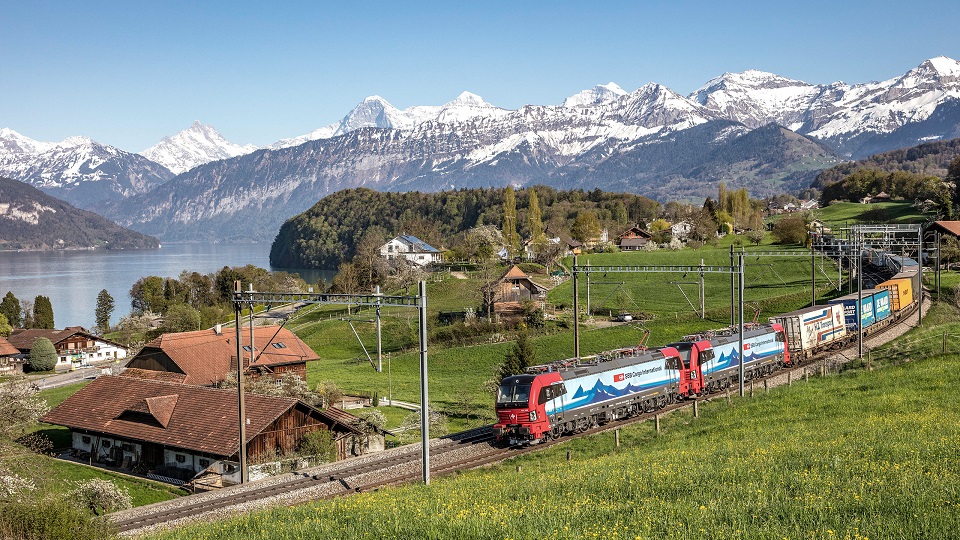Swiss single wagonload support: ‘yes, but…’, says rail sector

The Swiss Federal Council’s scheme to grow rail freight is currently in consultation until 24 February. The plan focuses on two variants: either supporting single wagonload or opening competition with road transport. So far, Swiss transport associations have received it with scepticism, rejecting the second variant and proposing some amendments for variant one.
Switzerland has been reapproaching its rail freight policy for a few months now. The country has been a firm supporter of single wagon traffic, a model that has made rail freight the dominant transport mode in the Alps.
However, single wagonload may also prove tricky. In August 2022, Federal Councilor Simonetta Somarugga claimed that rail freight in Switzerland was at a turning point. She said that rail freight transportation is no longer economically viable when it comes to larger areas, especially when it comes to single wagon traffic.
Two variants
A few months later, the Swiss Federal Council responded with a new strategy to develop freight transport. The plan included two variants, as mentioned above: variant one intends to implement targeted financial support from the Confederation to companies that offer single wagonload traffic services and DAC. Moreover, it includes a plan to finance goods handling equipment and a reduction in the price of loading onto the rails.
Variant two does not include financial support for single wagonload traffic, forcing rail freight services to compete with road transport. Nevertheless, financial support for DAC, goods handling equipment, and the loading price reduction would still be implemented. This measure is significantly cheaper for the government’s pockets since it would cost roughly 120 million euros over four years, compared to variant one, which would cost around 600 million euros.
Lukewarm reaction for variant one
Since the consultation period for the Swiss freight transport plan is nearing its end, more and more transport associations are providing feedback. The latest reaction came from a group of organisations led by VAP, including LITRA, ASTRAG, IG KV and VOV. First, the joint statement excludes any possibility of supporting variant two.
The associations are pro the first variant but still have reservations. “Yes, but..” was their response to the variant, while they also proposed some changes. The first suggestion is that Switzerland subsidises independent first/last mile operations for single wagonload traffic to “avoid discrimination against any freight railways”. Subsidising first/last mile operations in single wagon traffic is the most sustainable approach, according to Conor Feighan, secretary general of ERFA, since it incentivises companies to use rail more and utilise their sidings.
The group said that until this plan is implemented, last/first mile operations should become more independent. What they propose is setting up an independent SBB company that will undertake these operations so that subsidies do not get spread out.
Good for competition
The proposal above will have more positive effects on Switzerland’s rail freight sector. As the joint statement mentioned, SBB Cargo monopolises approximately 70 per cent of freight traffic in the country. Apart from single wagon traffic, the company also provides most block train services in the country.
The fact that SBB Cargo is active in both transport models while receiving the bulk of state aid for single wagonload can kill the business of other companies offering block train or combined transport services.
Follow RailFreight.com on Google News and get the latest industry updates.
Also read:
-
Single wagonload in Switzerland: state aid or competition with road?
-
What is the future for single wagonload traffic in Switzerland?
You just read one of our premium articles free of charge
Want full access? Take advantage of our exclusive offer




